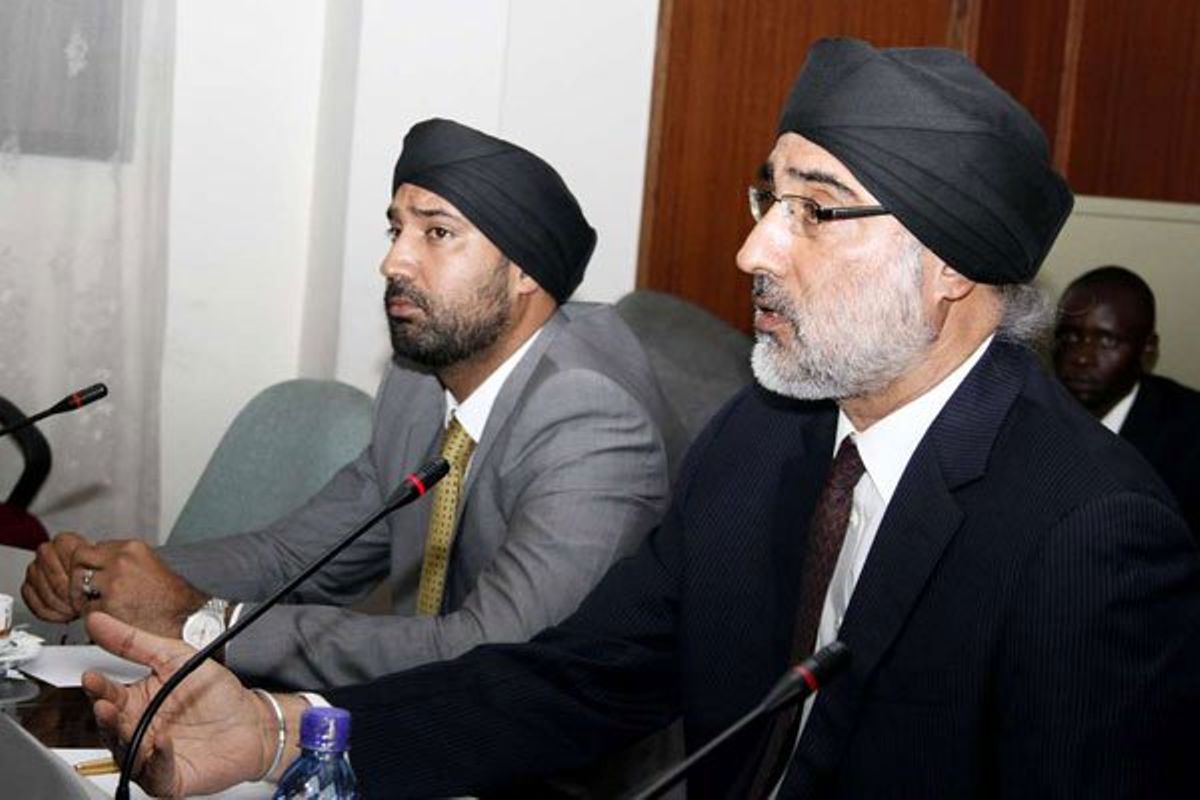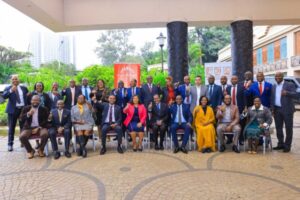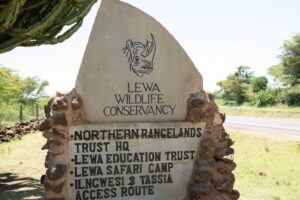The main contraband sugar suspect Mr Jaswant Rai has taken over the collapsed miller Mumias Sugar company’s assets.
Rai family was awarded the lease of Mumias Sugar assets through their Uganda-based proxy Sarrai Group in a deal that excludes its ethanol and cogen plants, receiver-manager PVR Rao confirmed.
The 20-year lease, however, excludes assets in the firm’s ethanol and cogeneration plants, which were recently seized from KCB Group by Pan-African lender Ecobank and French development financier Proparco.
“Although the lessee is not in sugar production in Kenya, he has a proven track record of running three sugar factories, a distillery and power generation in Uganda and is committed to commence rehabilitation of assets immediately to ensure revival of operations within the shortest period,” said Mr Rao.

The rich Rai family at the centre of contraband sugar runs the Sarrai Group, which includes sugar and plywood industries in Uganda and Malawi, among other things. In Kenya, the group owns and runs Rai Cement.
Sarrai is the owner of the Kinyara, Hoima, and Kiryandongo sugar mills in Uganda. In Kenya, the Rai Group owns three millers: West Kenya, Sukari Industries, and Olepito Sugar.
Through Sarrai, Mumias had received resurrection proposals from a variety of investors, including industrialist Julius Mwale, steel tycoon Narendra Raval, and the Rai family.
The KCB-appointed receiver-manager said the lease agreement “is in the interest of all stakeholders and in conformity with the recent court ruling dated November 19, 2021.”

Unlike the other State-owned sugar enterprises, the receiver-manager stated that the Mumias Sugar issue was resolved by a private pact between the investor and the bidders.
Mumias, Kenya’s top producer with over 250,000 tonnes produced per year, was plagued by bad management, high debts, and years of rising losses, necessitating its shutdown.
KCB placed the miller under receivership in September 2019 to safeguard its assets and continue operations.
However, KCB was forbidden from auctioning the facility to secure assets used as collateral for other loans, forcing it to pursue the leasing alternative.
“We hope to see the original glory of Mumias back soon,” said Mr Rao.
Sarrai Group chairman Sarbi Singh Rai said the firm’s immediate focus would be to rehabilitate the machinery and engage outgrowers and the workforce to ensure effective collaboration to revive the factory.
“Mumias Sugar was the most respected sugar company not only in Kenya but the entire region, and it is our firm commitment to all the stakeholders that we shall use all our experience and resources to make sure that we revive the company and take it back to the heights it once enjoyed,” said Mr Rai.
In June, activist Okiya Omtatah moved to court seeking to temporarily suspend a directive by Senate to Mumias Sugar Company receiver-manager Ponangipalli Venkata Ramana Rao from inviting bids from investors to salvage the troubled miller.
“The matter is extremely urgent since the on June 9, 2021 or thereabouts, the Senate’s Agriculture Committee looking into the affairs of troubled Mumias Sugar Company (the Company) directed the 1st Respondent, the Receiver Manager, to within 14 days re-advertise the bid to salvage the troubled Mumias Sugar Company,” Okiya Omtatah said in a petition.
According to Omtatah, the Senate got involved after it emerged that the Receiver Manager was engaged in a secretive bidding process to purportedly identify a strategic investor for the Company.
In the petition, Omtatah says it is only when Rao was summoned to the Senate that he disclosed that he had invited eight investors.


















